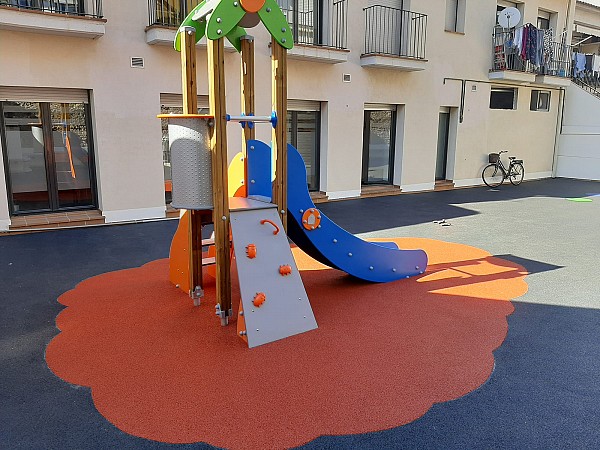Given that the child learns from interaction with the environment, learns from what he lives, what he sees, how he feels and the reaction of the environment to his actions, it is important to offer diverse experiences and to share moments of quality.
The best verbal language stimulation tool is parents, siblings, uncles, grandparents, neighbors or friends, not screens!
What can we observe from home and how to act?
- · Provoke communicative intention through play.
- · A child who does not speak should not be stopped talking. Take advantage of their interests, their game to verbalize what is being done. Children understand words before producing them.
- · Find shared moments in front of a story, in front of a game: playing everything using the language. Sing songs, listen to songs, watch stories and talk about pictures.
- · Play with the sounds of the objects around us (onomatopoeia).
- · Dialogue with the help of story pictures, photographs, trying to make short explanations and with repetitive sentence structures.
- · Take advantage of everyday situations to verbalize everything that is done, everything that surrounds the child. Take advantage of moments like bathing, eating, dressing and undressing, by car, shopping. to talk and describe what is being done, calling the vocabulary of each situation. This helps to acquire vocabulary.
- · If the child communicates with the gesture, verbalize what he wants, becoming his voice. It is not advisable to ask to repeat. Just give the verbal model of what he didn't say.
- · Once we interpret what he said, return it with the correct sentence, so that we show that we understand it and, at the same time, we are giving him the model.
- · Do not speak repeating the incorrect words he says. Always make the indirect correction - use the correct pronunciation of the word. You do not need to repeat it.
- · Normalize how you speak, not dramatize, this is an acquisition process. The high degree of awareness of their difficulty must be taken into account; Avoid style comments: "you don't say it right", "you don't", you should not be protected, but you should not give negative messages in front of each intervention. The message must be positive
- · In case of difficulties, do not comment or compare them in the presence of the child or in front of other family and friends.
- Many factors are involved in the development of a child's speech and language. But the most important are the answers given by your environment. Based on these, you will feel secure; brave to explore, brave to make a mistake and try again; brave to explore, brave to make a mistake and try again.
Speech Therapy Service, CDIAP Gironès


